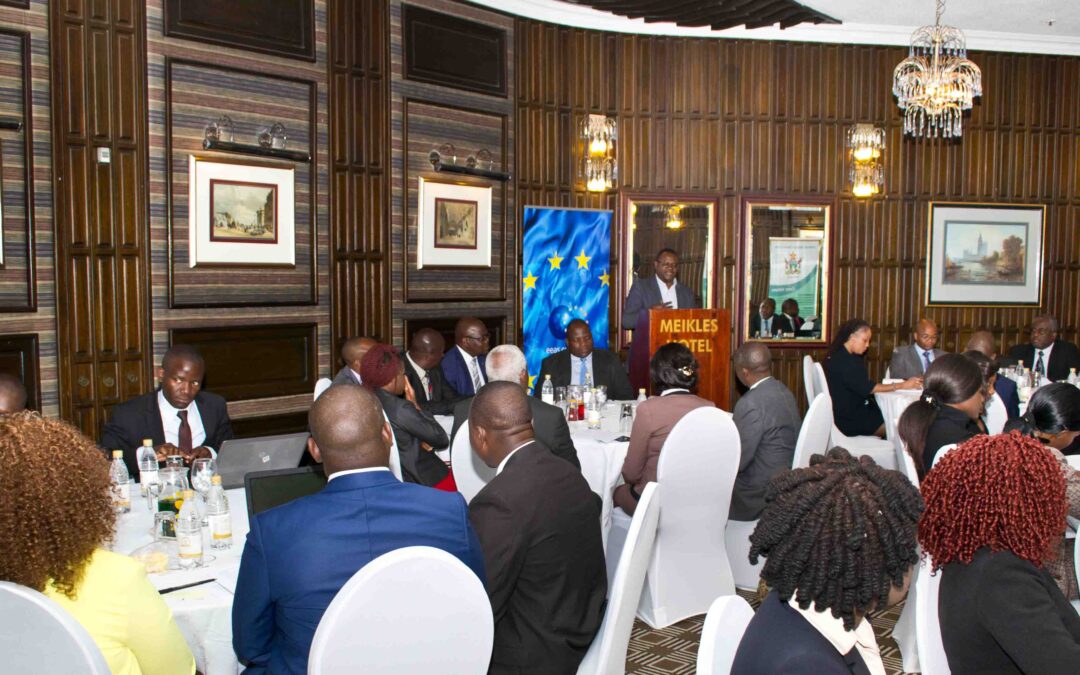
Aug 12, 2016 | News
The ICJ and the Judicial Service Commission of Zimbabwe (JSC) today held a one-day workshop in Harare to review the Magistrate Court Civil Rules.
Mr Chikwana, Deputy Secretary of the Judicial Service Commission of Zimbabwe, provided the opening remarks to the meeting.
He stated that the purpose of the review was to reconcile the procedural requirements in the courts with the provisions of the new constitution of Zimbabwe (2013).
Mr Chikwana mentioned that one of the objectives of the revisions was to create uniformity in the Rules of the different courts and in so doing make court processes simpler and more accessible to the general public.
Arnold Tsunga, ICJ’s Director for Africa, said that the whole idea behind the in-country activities carried out by the ICJ was to strengthen justice administration in Zimbabwe.
The workshop commenced with a presentation on an Overview of the current rules and feedback on input from Stakeholders by Justice Uchena.
Thereafter the delegates were assigned to groups to discuss the 34 Orders within the Rules of the Magistrate’s Court. After the 45-minute discussions, the groups presented their feedback.
The meeting was attended by judicial officers from the Constitutional Court, High Court and Magistrate Court; members of the legal profession, academia and civil society organizations.
Other notable attendees at the workshop include the Deputy Attorney General Nelson Dias and Mr Edward Mapara from the Law Society. There were 23 female and 24 male delegates at the workshop.
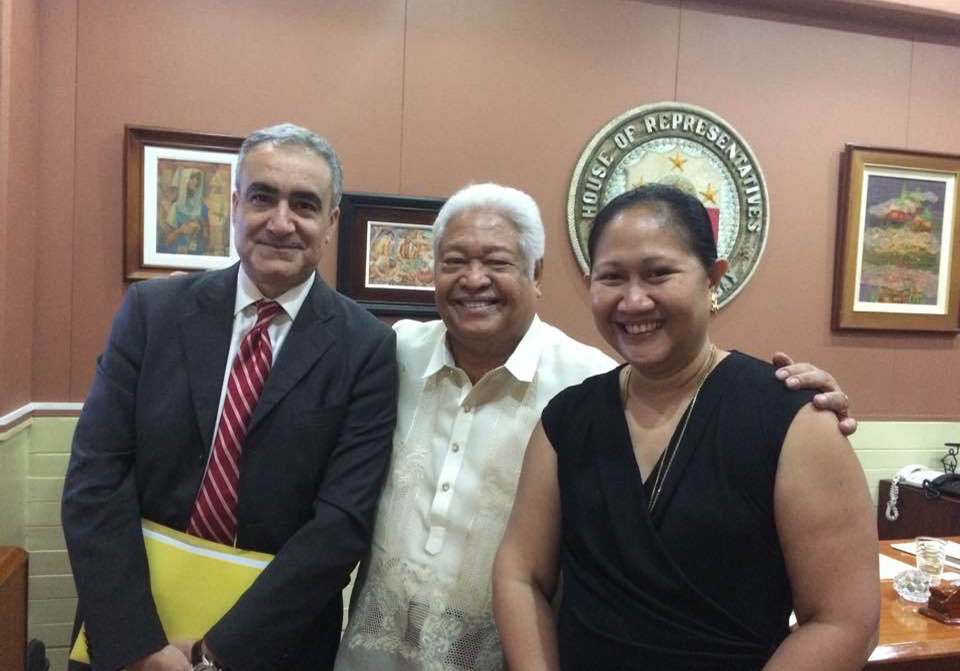
Aug 11, 2016 | News
The ICJ today urged President Duterte to respect the judiciary’s institutional independence and allow it to conduct its work, particularly in disciplining its own judges, without external influence or undue interference.
This week, President Duterte publicly released a list of public officers, including judges, who are allegedly involved in the illegal drugs trade. In response, on 9 August 2016, Chief Justice Maria Lourdes Sereno wrote to President Duterte noting that it is the responsibility of the judicial branch to discipline judges.
In her letter, the Chief Justice also stated that the disciplining of judges should be done without compromising the independence of the judiciary.
In response, President Duterte warned Chief Justice Sereno not to set off a “constitutional crisis”, saying that he may “order” the executive department not to “honor” the judiciary.
According to the UN Basic Principles on the Independence of the Judiciary and the UN Special Rapporteur on the independence of judges and lawyers, the body responsible for the discipline of judges should be independent of the executive and composed mainly (if not solely) of judges and members of the legal profession.
The ICJ therefore calls for the Supreme Court of the Philippines to be free to establish and employ its established mechanisms to discipline its own judges, in full respect for procedural guarantees.
On a related issue, the ICJ is now in the Philippines to speak to lawmakers regarding a proposal to re-introduce the death penalty and its concerns regarding the recent spate of extrajudicial killings in the country.
The organization has previously written to President Duterte regarding its concerns on the proposal to re-introduce the death penalty and the rising number of deaths of people who are alleged to be involved in the illegal drug trade.
“The proposed reintroduction of the death penalty, the spate of extrajudicial killings, and the fervor currently exhibited by President Duterte in going after allegedly corrupt members of the judiciary are directly linked to his zeal to address a perceived widespread drug menace in the country,” said Sam Zarifi, ICJ’s Regional Director for Asia and the Pacific.
The ICJ strongly urges President Duterte to focus his efforts in strengthening key institutions such as the judiciary so that they can be strong allies in his efforts to address crime in the country.
Contact:
Emerlynne Gil, ICJ’s Senior International Legal Adviser, t +66 840923575 ; e: emerlynne.gil(a)icj.org
Picture: Sam Zarifi and Emerlynne Gil with Congressman Edcel Lagman (in the center), the main proponent of the law that abolished the death penalty in the Philippines in the past. He is now leading the charge in the House of Representative to try to defeat the proposal to reimpose the death penalty.
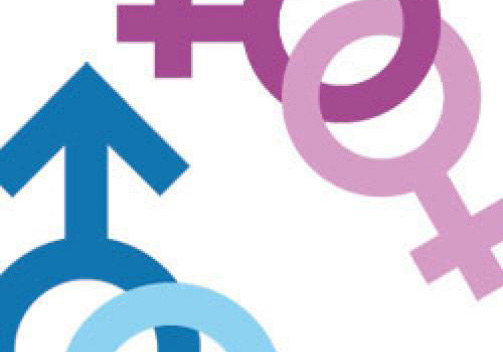
Aug 10, 2016 | News
A law in Belize that disproportionately affects gay men was today ruled unconstitutional by the country’s Supreme Court after a three-year wait for the judgment.
Section 53 of Belize’s Criminal Code, an old British colonial law, banned ‘carnal intercourse against the order of nature’ and thereby made consensual gay sex between adult men in private illegal in Belize. Today the legal provision has been ruled ‘unlawful’ to the extent that it can be applied to same-sex activity.
In handing down the judgment, Chief Justice Kenneth Benjamin agreed that Section 53 amounts to a violation of the constitutional rights to dignity, privacy, equality and non-discrimination on grounds of sex. He found that there was no justification in the form of ‘public morality’ and therefore the law must be modified. He awarded costs to the Claimaint, Caleb Orozco.
The case is the culmination of years of work by a Caribbean-led coalition of lesbian, gay, bisexual and trans (LGBT) activists, academics and legal experts. The individual claimant is Caleb Orozco, a Belizean gay man and prominent LGBT human rights advocate.
Today Orozco said: “This is the first day of my life in which it is legal for me to be me. This is a history-making judgment for Belize, the country which I am proud to call home. Our judicial system has been proven to be robust and unprejudiced. This judgment should give other oppressed minorities the confidence to speak up and stand up for themselves in situations of human rights abuse in the way I have. Our courts really are there to protect us all. In striking down Section 53, Belize has also rejected a poisonous remnant of colonial rule. We have reaffirmed ourselves as a society built on dignity and respect for all our people. This is a proud day.”
Simone Hill, President of the United Belize Advocacy Movement (UNIBAM) said before the judgment: “This is about our human rights. As citizens of this country our rights should be respected without fear or favour. Win or lose, we will continue the fight to ensure the victory of the protection of our rights.”
The case was heard in May 2013 and presided over by Chief Justice Kenneth Benjamin. Today’s ruling – some three years and three months later – upholds Belize’s LGBT (lesbian, gay, bisexual and trans) community’s human rights to privacy, equality, dignity and non-discrimination, all of which are protected under the country’s constitution.
A group of churches, namely the Roman Catholic Church of Belize, the Belize Church of England Corporate Body, and the Belize Evangelical Association of Churches were admitted as ‘Interested Parties’ in the case opposing Mr Orozco’s claim and seeking to maintain the criminalisation of gay men in Belize.
Meanwhile, the International Commission of Jurists, the Commonwealth Lawyers Association and the Human Dignity Trust were joint ‘Interested Parties’ in support of Mr Orozco.
Téa Braun, Legal Director of the Human Dignity Trust, said:
“This is a great victory for human rights and the rule of law.
Intimacy in private between two adults of their own free will should not be a matter for the law. The only outcome of such laws is to blight the lives of members of the LGBT community by fostering a climate of oppression and state-sponsored discrimination. The bravery and resilience of colleagues across the Caribbean who have worked tirelessly on this case is an inspiration. Caleb Orozco is a hero and a trailblazer. The Human Dignity Trust is immensely proud to have worked alongside him and his legal team.”
Alex Ward, President of the Commonwealth Lawyers Association, which passed a resolution on the ‘Decriminalisation of Sexual Orientation’ in 2009, said: “This is a sound and just ruling which we whole heartedly welcome. It is the CLA’s mandate to uphold the rule of law across the Commonwealth and today marks a considerable success in maintaining the integrity of the Belizean Constitution and protecting its citizens’ fundamental rights.”
Livio Zilli, Senior Legal Adviser at the International Commission of Jurists (ICJ), said: “The ICJ hails the courage, commitment and tenacity of the entire LGBT movement in Belize, and Caleb Orozco’s in particular, and salutes this decision as a critical contribution to upholding people’s human rights whatever their sexual orientation or gender identity.”
While convictions under Section 53 in Belize were rare, the law carried a sentence of up ten years’ imprisonment effectively for consensual homosexual sex.
There are still 76 legal jurisdictions across the world that make same-sex intimacy between consenting adults a crime. Of these, 38 countries are, like Belize, members of the Commonwealth.
The Interested Parties that joined in support of the case were represented by Godfrey Smith SC and Debevoise & Plimpton led by Lord Goldsmith QC. Tim Otty QC, founder of the Human Dignity Trust, Tristan Jones, Jessica Gladstone, Nicola Leslie, Conway Blake, were key members of the victorious legal team.
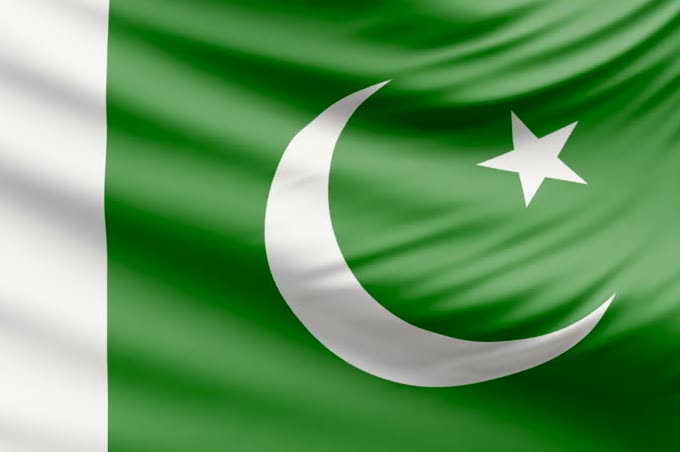
Aug 8, 2016 | News
The ICJ has deplored a suicide attack at a hospital in Quetta, which killed dozens of people today, in the deadliest attack ever on lawyers in Pakistan and among the worst anywhere.
Many of those killed were lawyers, who had been gathered at a hospital in Quetta following the killing of former president of the Balochistan Bar Association, Bilal Anwar Kasi, in a shooting incident earlier in the day.
“This attack targeted mostly lawyers and intellectuals (many of them from the Pashtun community) who had gathered at the hospital to mourn the loss of one of their own,” said Sam Zarifi, ICJ’s Asia Director.
“As such, it constituted a serious loss for the legal community and increases existing pressure on the independence of the bar.”
The ICJ calls on the Pakistani Government to conduct an immediate, impartial and thorough investigation into the attack and to bring those responsible to justice, including anyone who ordered or was otherwise complicit the crime.
The ICJ also urges the Government to take urgent measures to guarantee the security of lawyers, which should include effective measures of protection against attempts on their lives and lives of their family members.
The UN Basic Principles on the Role of Lawyers affirm that“[w]here the security of lawyers is threatened as a result of discharging their functions, they shall be adequately safeguarded by the authorities.”
“If lawyers are under constant fear of violence, they cannot ensure the functioning of an independent and impartial legal profession – an indispensible requirement for rule of law,” Zarifi added.
Contact:
Sam Zarifi, ICJ Asia Pacific Regional Director (Bangkok), t: +66 807819002; e: sam.zarifi(a)icj.org
Reema Omer, ICJ International Legal Adviser for Pakistan (London), t: +44 7889565691; e: reema.omer(a)icj.org
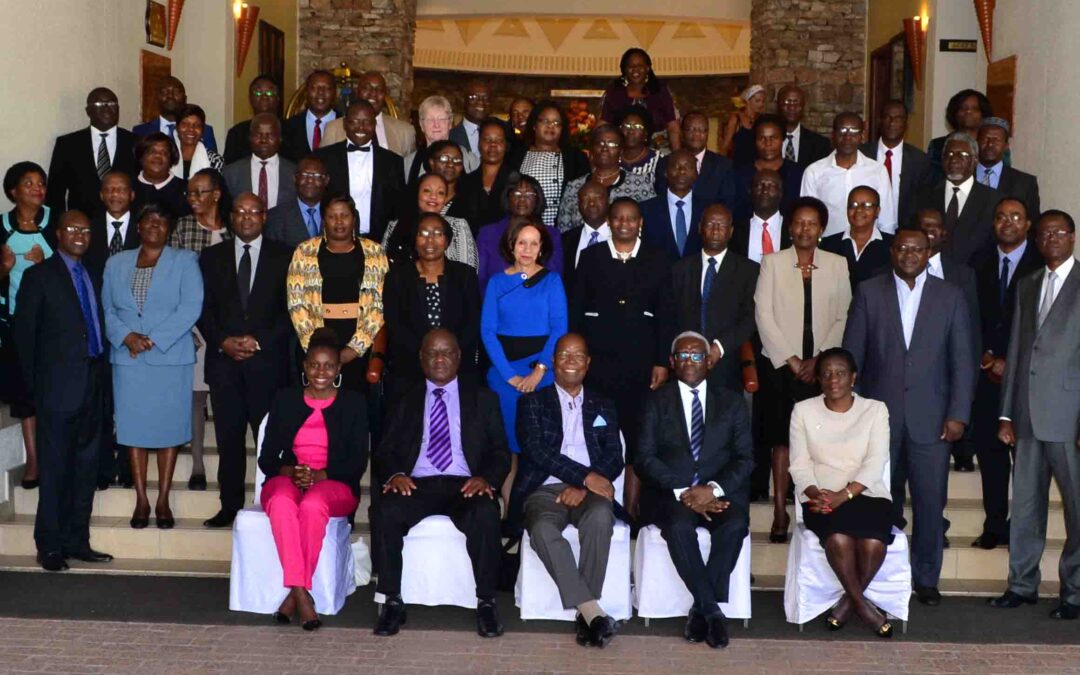
Jul 30, 2016 | News
The ICJ and the Judicial Service Commission of Zimbabwe, held a two-day Judicial Symposium for the end of the Second Term, at the Elephant Hills Hotel, Victoria Falls.
The subjects for discussion chosen by the judges reflect areas where judges felt the need for enlightenment.
In his opening remarks, the Deputy Chief Justice Malaba said that the purpose of this Symposium was to provide an opportunity for the judges to discuss and share ideas on the subjects chosen at the recreational environment.
The Symposium would serve to equip every judge with skills to feel confident in presiding over and disposing of cases fairly and expeditiously.
The former Chief Justice of South Africa Sandile Ngcobo delivered the keynote address which focused on Continued Judicial Education. Chief Justice Ngcobo stated that it was the collective responsibility of the judiciary to ensure it is sufficiently equipped to meet the demands of society and for the efficient dispensation of justice.
This would be achieved through continued judicial education.
Chief Justice Ngcobo was of the view that the importance of Continued Judicial Education lay beyond improving quality of justice but for the qualification of justice









